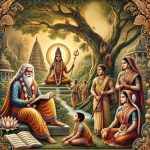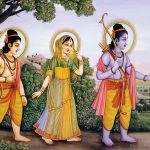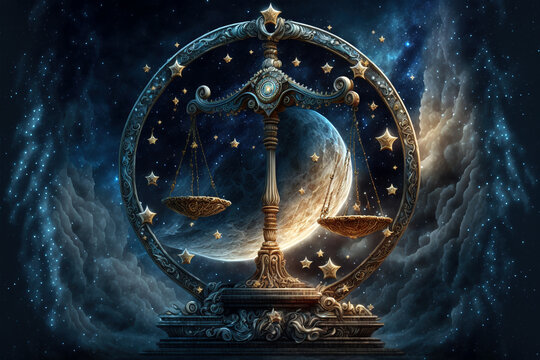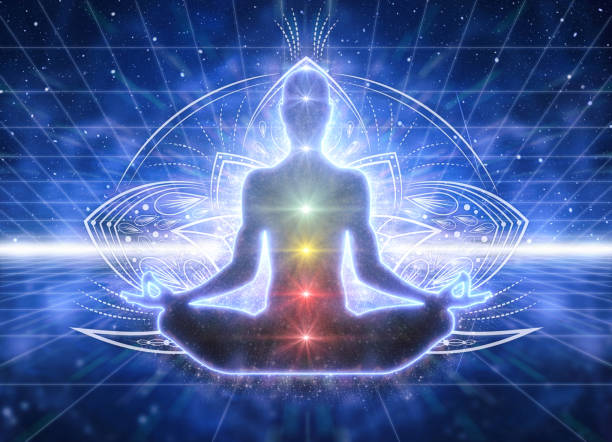The Importance of Festivals in Hindu Culture: Celebrating Tradition and Spirituality.
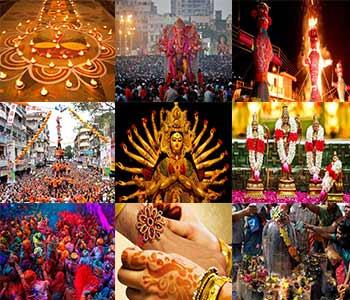
Festivals hold a special place in Hindu culture, serving as a time to celebrate spiritual, cultural, and familial ties. They are deeply ingrained in the religious fabric of Hinduism, offering opportunities for devotion, reflection, and community bonding. Hindu festivals, which vary in significance and form, play an essential role in the lives of millions of people, uniting individuals across diverse regions and backgrounds in joyous and meaningful celebrations. This article explores the importance of festivals in Hindu culture, their spiritual significance, and the values they impart to society.
At the heart of every Hindu festival is a sense of devotion to the divine. Whether it is the celebration of the victory of good over evil or the honoring of a specific deity, Hindu festivals are rich in religious symbolism. Festivals like Diwali, the festival of lights, mark the triumph of light over darkness, symbolizing the victory of good over evil and knowledge over ignorance. Similarly, Holi, the festival of colors, celebrates the arrival of spring, as well as the divine love of Radha and Krishna, emphasizing joy, unity, and the breaking of social barriers.
Festivals in Hindu culture also serve as a way to express gratitude and seek blessings from the divine. Many festivals are associated with specific rituals and prayers that honor various gods and goddesses. For example, Ganesh Chaturthi is dedicated to Lord Ganesha, the remover of obstacles, where devotees offer prayers, perform rituals, and seek his blessings for prosperity and success. During Navratri, a festival dedicated to the goddess Durga, devotees fast, sing devotional songs, and engage in worship to seek the goddess’s protection and empowerment.
Beyond their religious significance, Hindu festivals play a vital role in preserving and transmitting cultural heritage. They are a way to pass down age-old traditions, rituals, and customs to future generations. The preparation of traditional foods, the wearing of cultural attire, and the practice of sacred rituals provide a direct link to one’s ancestry and cultural identity. These celebrations help young generations connect with their roots, fostering a sense of pride and continuity in Hindu culture.
Festivals are also an occasion for social gathering and community building. Families and friends come together to celebrate, share meals, and engage in festivities, strengthening social bonds. In many communities, public celebrations such as processions, fairs, and religious performances bring people from diverse backgrounds together, creating a sense of unity and shared identity. These gatherings allow people to set aside their differences and celebrate the common joy of the occasion.
The significance of festivals in Hindu culture also extends to personal growth and spirituality. The rituals associated with festivals often require discipline, mindfulness, and devotion, encouraging individuals to reflect on their lives and reconnect with their spiritual practices. For example, during Diwali, the practice of cleaning one’s home symbolizes the clearing away of negative energy and welcoming of positive forces. Such rituals provide an opportunity for introspection and self-improvement, offering individuals a path to personal transformation.
Furthermore, many Hindu festivals emphasize values such as kindness, generosity, and charity. During festivals like Diwali and Eid, there is a strong focus on helping those in need, with many families donating to charity or organizing community service events. This spirit of giving aligns with the Hindu values of dharma (righteous duty) and seva (selfless service), reminding individuals of their responsibility toward others.
While Hindu festivals have deep religious and cultural significance, they also play an important role in modern society. In an increasingly globalized world, these festivals provide opportunities for individuals to express their identity and share their culture with others. Festivals like Diwali and Holi are celebrated beyond India, with people from different backgrounds joining in the celebrations. This cross-cultural exchange fosters understanding, appreciation, and respect for diverse traditions and beliefs.
In conclusion, festivals are an integral part of Hindu culture, offering a rich blend of religious, cultural, and social significance. They serve as a reminder of the divine presence in everyday life, provide opportunities for personal reflection and growth, and unite communities through shared celebrations. Whether through prayer, ritual, or festive enjoyment, Hindu festivals continue to be an important means of preserving tradition and promoting values of unity, love, and compassion. As society continues to evolve, the timeless spirit of these festivals will remain a cherished part of Hindu life and culture.







